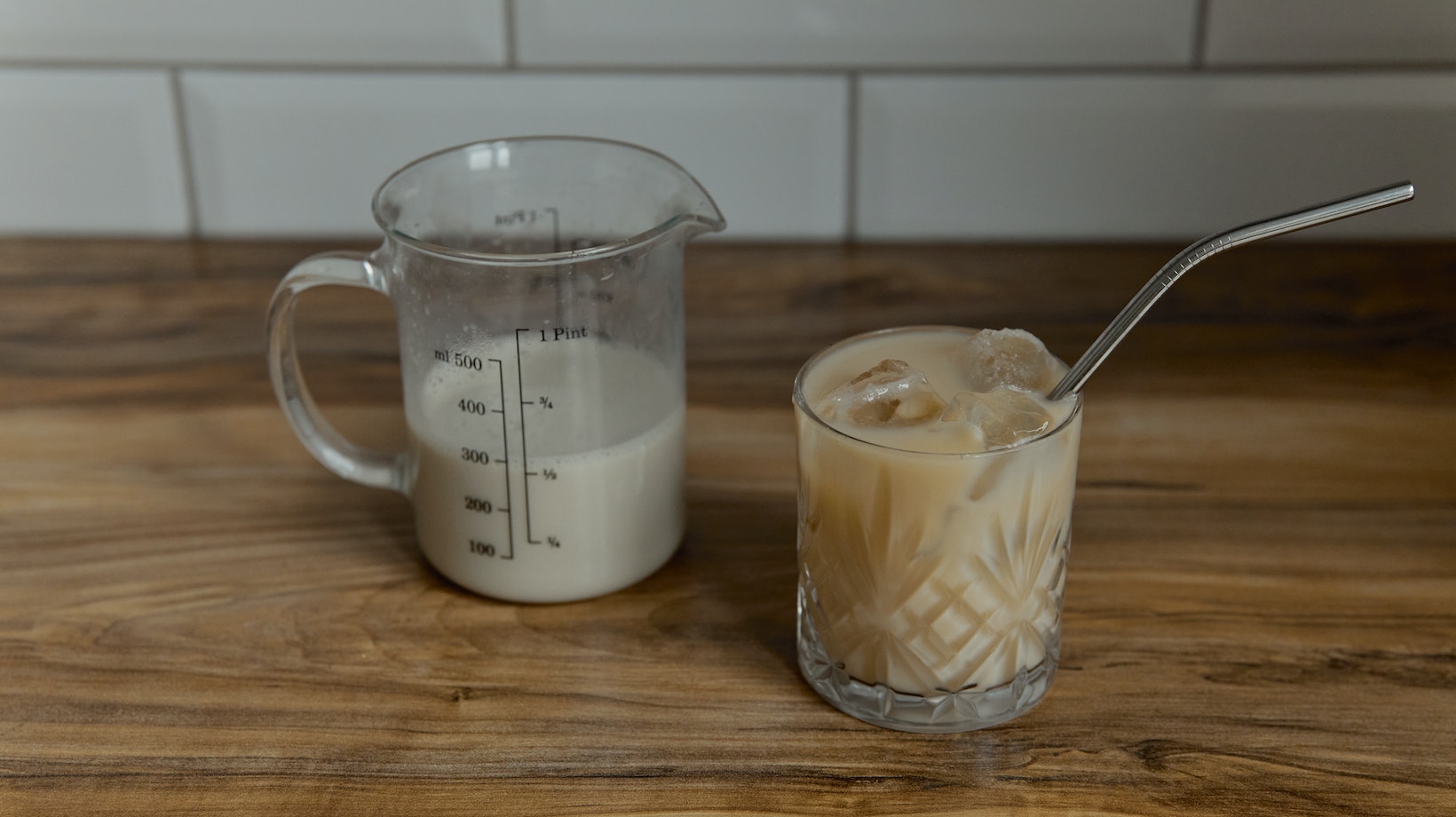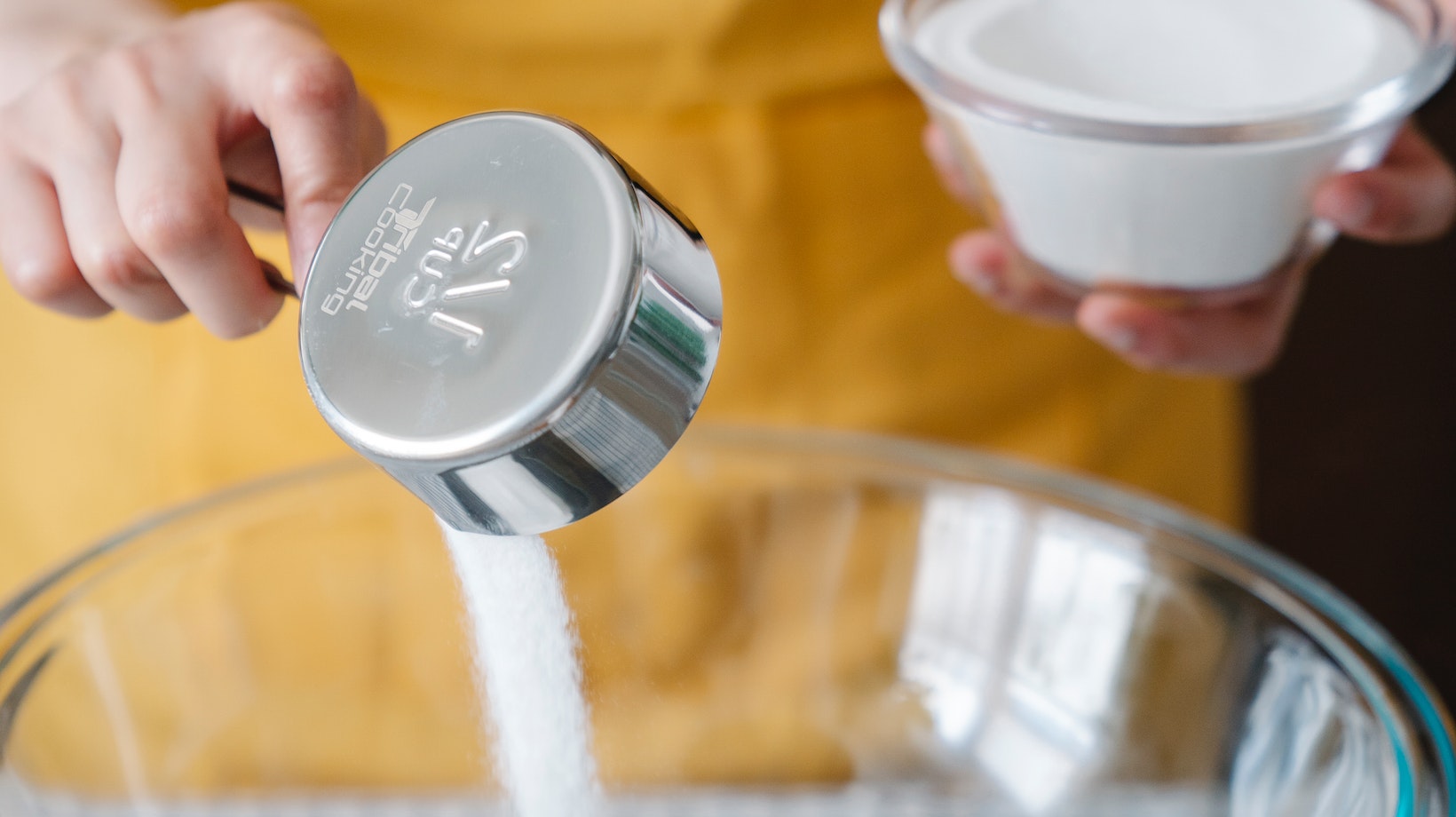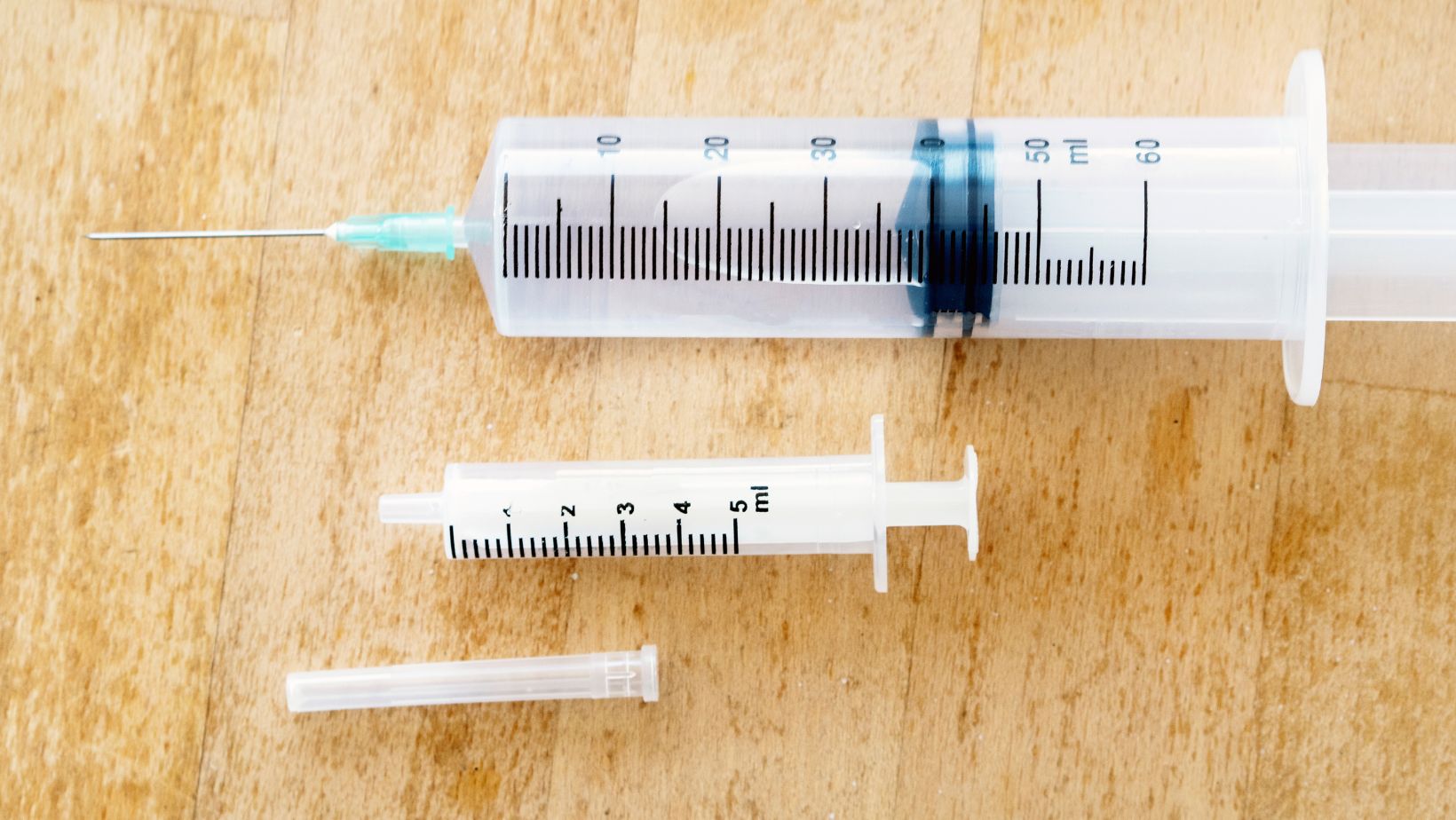How Many ml are in a Pound? Find Out the Conversion Rate

If you’re wondering about the conversion between milliliters (ml) and pounds, you’ve come to the right place. Understanding how many ml are in a pound can be useful when dealing with various substances or ingredients. However, it’s important to note that ml and pounds measure different quantities – volume and weight, respectively.
To convert between ml and pounds, we need to consider the density of the substance in question. Density is defined as mass per unit volume, so different substances will have different conversions. For example, water has a density of approximately 1 gram/ml, which means that 1 ml of water weighs about 0.0022 pounds.
Converting Milliliters to Pounds
When it comes to converting between milliliters (ml) and pounds, it’s important to understand the relationship between volume and weight. While milliliters are a unit of volume used to measure liquids, pounds are a unit of weight commonly used for solid objects. Therefore, converting directly from milliliters to pounds can be challenging.
To convert milliliters to pounds, you need to consider the density of the substance in question. Density is defined as the mass per unit volume of a substance. Different substances have different densities, so there is no universal conversion factor from milliliters to pounds.
For example, if you have a liquid with a known density (in g/ml), you can use that information along with the volume in milliliters to calculate its weight in pounds. However, keep in mind that this method applies only when dealing with liquids whose densities are known.
Understanding the Conversion Ratio
To further complicate matters, even for liquids with known densities, the conversion ratio may vary depending on whether you’re measuring at room temperature or under specific conditions such as pressure or temperature changes. Each substance has its own unique characteristics that affect its density at different conditions.
It’s worth noting that for water at standard room temperature (approximately 20 degrees Celsius or 68 degrees Fahrenheit), one ml is generally equivalent to about 0.00220462 pounds. This value serves as an approximate reference point but should not be applied universally without considering other factors like temperature and pressure.

How Many ml are in a Pound
To calculate the conversion from ml to pounds for a specific substance:
- Determine the density of the substance in grams per milliliter.
- Multiply the volume in ml by the density value.
- Convert grams into pounds by dividing by 454 (since there are approximately 454 grams in a pound).
For example, let’s say you have 500 ml of a liquid with a density of 1.2 g/ml. To convert this to pounds:
500 ml * 1.2 g/ml = 600 grams
600 grams / 454 = approximately 1.32 pounds
Remember, this calculation is specific to the substance and its known density. For other substances, you’ll need to find their respective densities and follow the same process.
Factors Affecting ML-to-Pound Conversion
Several factors can influence the conversion between milliliters and pounds:
- Density: As mentioned earlier, density plays a significant role in determining the conversion ratio between these units. Each substance has its own unique density value.
- Temperature: Changes in temperature can affect both volume and weight measurements. For instance, some liquids expand or contract with temperature fluctuations.
- Impurities: Substances with impurities or additives might have altered densities compared to their pure forms.
- Compressibility: Gases can be compressed or expanded under different pressures and temperatures which affects their densities.
- Accuracy of Measurements: Accurate measurements are crucial for precise conversions. Using calibrated instruments and following proper measurement techniques is essential.
Considering these factors will help you understand the complexities involved in converting between milliliters and pounds accurately.



